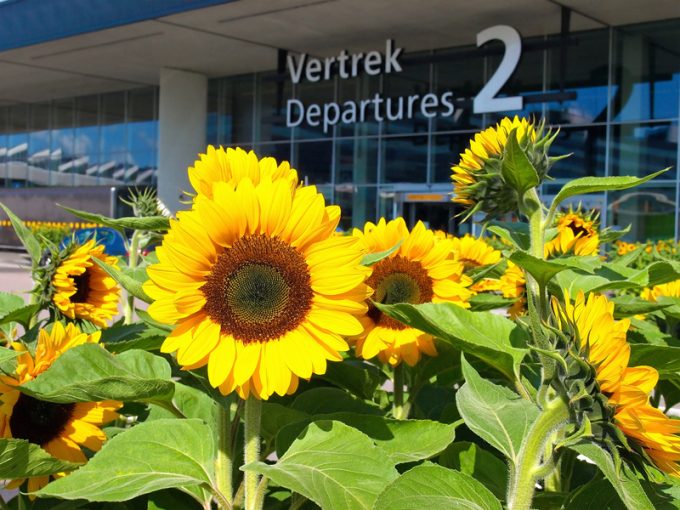Ecommerce 'saves' the air cargo industry - but what about the planet?
Some 786 delegates from upwards of 40 countries attended this year’s EU CBEC ecommerce forum ...

Schiphol needs to “reinvent” itself – and then tell the world it has done so, according to new cargo boss Joost van Doesburg.
Back in the day, Schiphol was always proud – in Europe, anyway – of its ability to grow, geographically speaking. But the limit on slots, particularly for freighters, stopped that in its tracks.
Covid then wrought havoc on airports the world over, as staff numbers fell.
“Last year Schiphol was very chaotic,” Mr van Doesburg told The Loadstar at Transport ...
Asia-USEC shippers to lose 42% capacity in a surge of blanked sailings
USTR fees will lead to 'complete destabilisation' of container shipping alliances
New USTR port fees threaten shipping and global supply chains, says Cosco
Outlook for container shipping 'more uncertain now than at the onset of Covid'
Transpac container service closures mount
DHL Express suspends non-de minimis B2C parcels to US consumers
Zim ordered to pay Samsung $3.7m for 'wrongful' D&D charges
Flexport lawsuit an 'undifferentiated mass of gibberish', claims Freightmate

Comment on this article